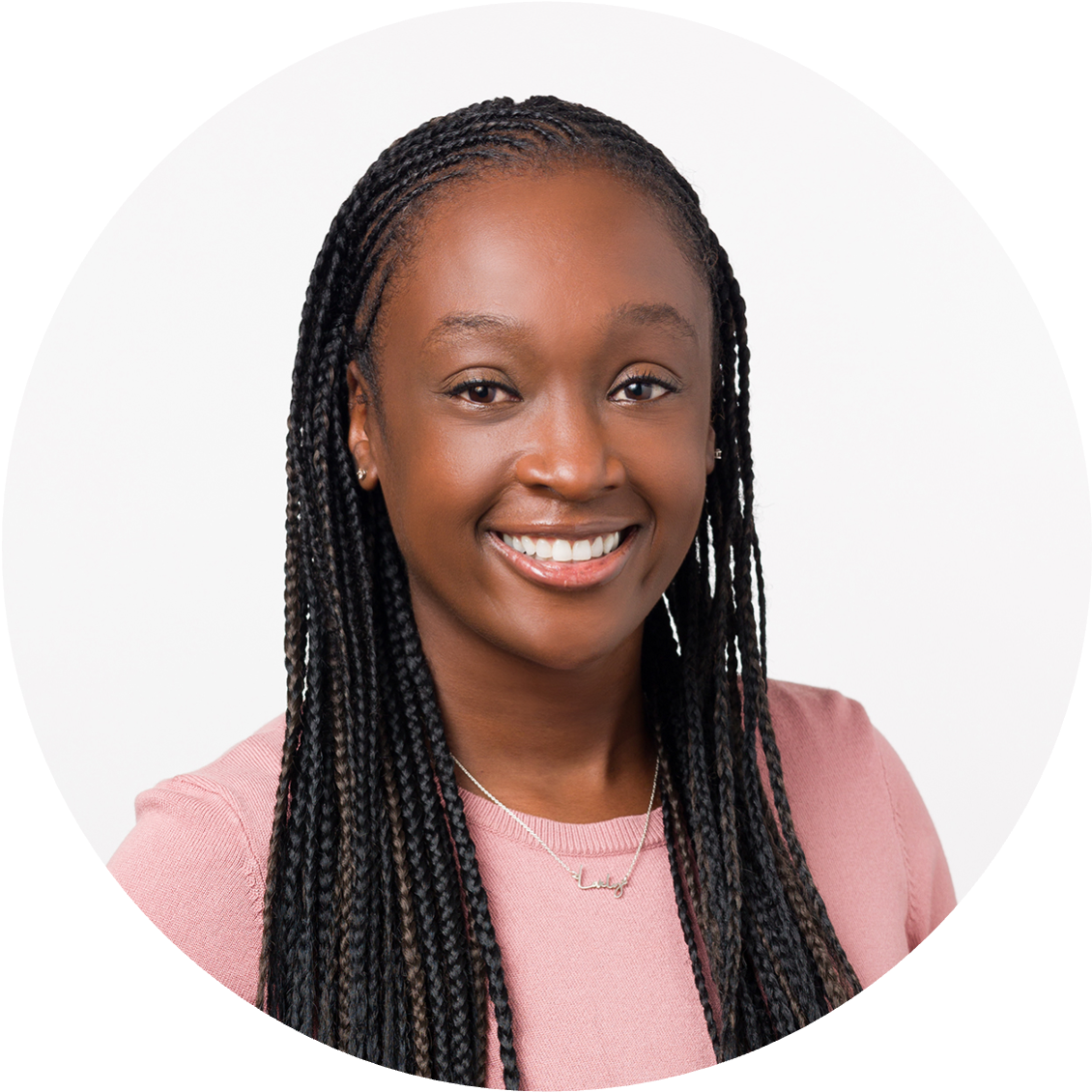Why Power and Privilege Training Matters Now More Than Ever
We’re living in a time where many organizations are working to produce better outcomes for all people. Yet, we often skip one of the most foundational conversations needed to make that possible: understanding our own power and privilege and how it shows up in work.
That’s why we’re so proud to support the launch of a new virtual training with our sister nonprofit, The Shared Space Project, designed to help people unpack what power and privilege means. And, more importantly, how power and privilege show up in our daily lives and decisions.
This training is the result of years of facilitating spaces where people wrestle with hard truths and move toward more intentional, people-centered action.
We created it because we’ve seen the consequences when we don’t.
Why This Work Is Personal
For us, this isn’t just a training. It’s a reflection of how we want to show up in the world. We’ve facilitated equity and inclusion work across industries, and one truth has remained constant: real change only happens when we’re willing to be honest about how power works.
That honesty requires courage. But from that courage we create clarity. For ourselves and our work.
When we understand how power and privilege shape our decisions, relationships, and institutions, we gain the ability to shift them. And when we understand our own position in that system, we can lead with more humility and effectiveness.
Rachel, on what this work means to her:
I grew up watching my parents make hard decisions about money every day. While my friends were going to Disney World, my mom worked two jobs to make ends meet. My dad missed every event I had in school—not because he wanted to, but because he was a small business owner who worked morning to night, seven days a week, just to scrape by.
And still, we weren’t the worst off in our community. I grew up in a majority-white town and didn’t meet many people of color until college. That’s when I started to realize my privilege: I could assimilate. I went to a small liberal arts college and worked two jobs, while many of my peers had their parents' credit cards to cover expenses. When those friends looked at me, they didn’t know I was different until I revealed that I worked. And I never had to disclose that I was poor—I told a lot of people that waitressing was just a hobby.
My classmates of color didn’t have that choice. In the eyes of most people, they were different from the day they walked onto campus.
That’s why these conversations are so important to me. Just by being in the workplace, we all hold some power and privilege that others in our communities may not. Creating space to reflect on that (and to talk about what it means) is essential if we want to build real bridges across difference.
Quinn, on what this work means to her:
Conversations about power are important to me as I still struggle to own my own power. As I child I learned to be quiet. I was often told “children are seen not heard”, I grew up feeling powerless and unheard. Into adolescence I started to understand that being a girl of color is sometimes seen as less than, without knowing anything about who I am or what I have to contribute to the world. I felt like saying nothing was better than being patronized or ridiculed. As I started to grow into my voice, I realized just by speaking I was drawing negative attention to myself. That sexism and colorism influenced how I was perceived and that being invisible felt safer. I gave my power away and silenced myself.
Now having the privilege to sit in rooms and encourage people to shift power and to acknowledge and celebrate the perspectives that every individual brings, I wish I had of had someone in my life that could have done the same for me. These trainings aren’t just about teaching people about power and privilege but an opportunity to plant a seed with folks that are doubting who they are, that you are more than enough. That your voice is important and the world needs to hear it.
Join Us
We hope you’ll share space with us on August 20 from 12:00 – 1:00 PM EST. If you’re ready to deepen your understanding of power and privilege as both concepts and skills, this training is for you. Whether you're just beginning this journey or looking to strengthen your approach, we’ll meet you where you are.
At the end of the training, you’ll be able to:
Define power and privilege
Reflect on one’s own position and experiences in relation to power and privilege
Identify examples of personal and systemic privilege in everyday contexts.
Illustrate how privilege can shape access, opportunity, and influence.
It won’t end in the training, either. All participants will receive a follow-up toolkit to help integrate what you learn into your day-to-day work. We’ll also share recommended readings, videos, and reflective prompts so the learning doesn’t stop when the session ends.
Because confronting power and privilege isn’t a one-time task. It’s a practice. Will you join us?
Work like this is exactly why The Shared Space Project was born. As trainers and practitioners, we saw a gap in spaces where people could have honest, guided conversations about hard and personal topics, especially across lines of difference. Shared Space exists to fill that gap, helping individuals and organizations build the skills, relationships, and understanding needed to lead with people at the center.
Through ongoing trainings, resources, and community-centered learning, we’re building a network of people who are committed to showing up differently—and shifting systems in the process.
Want to stay up to date with Shared Space? Sign up for updates here.
Together, we can shift power. But it starts with clearly understanding our own.


